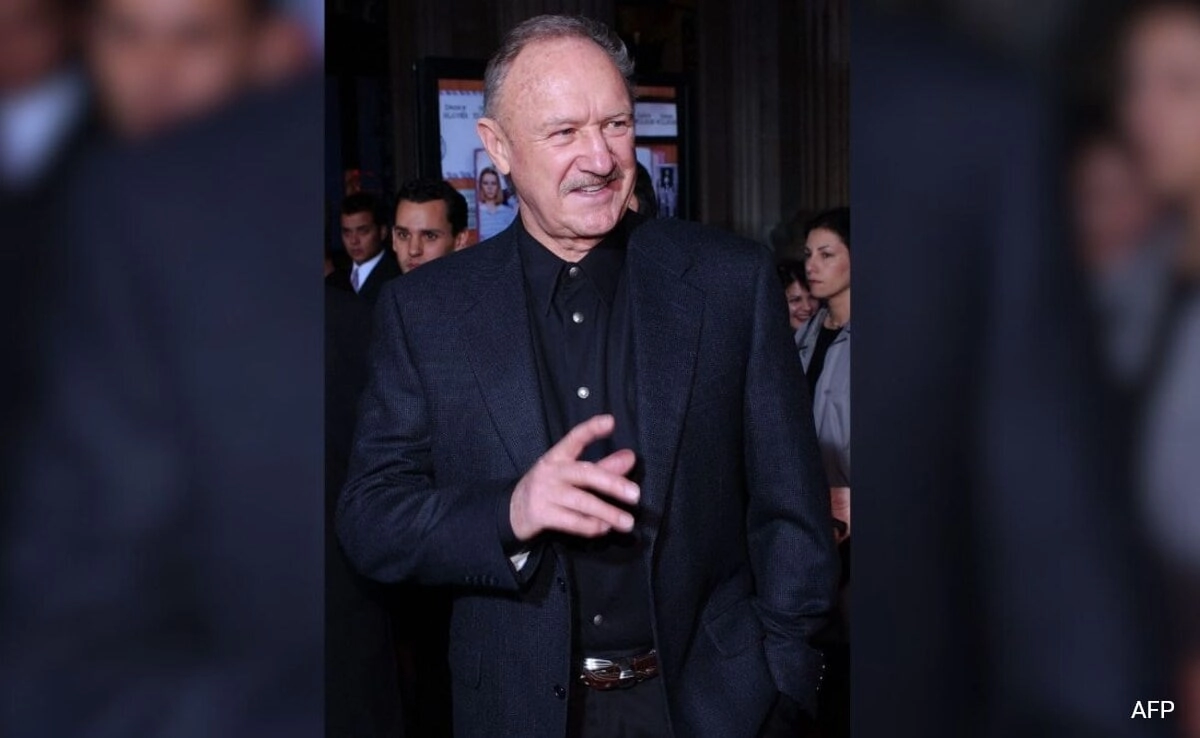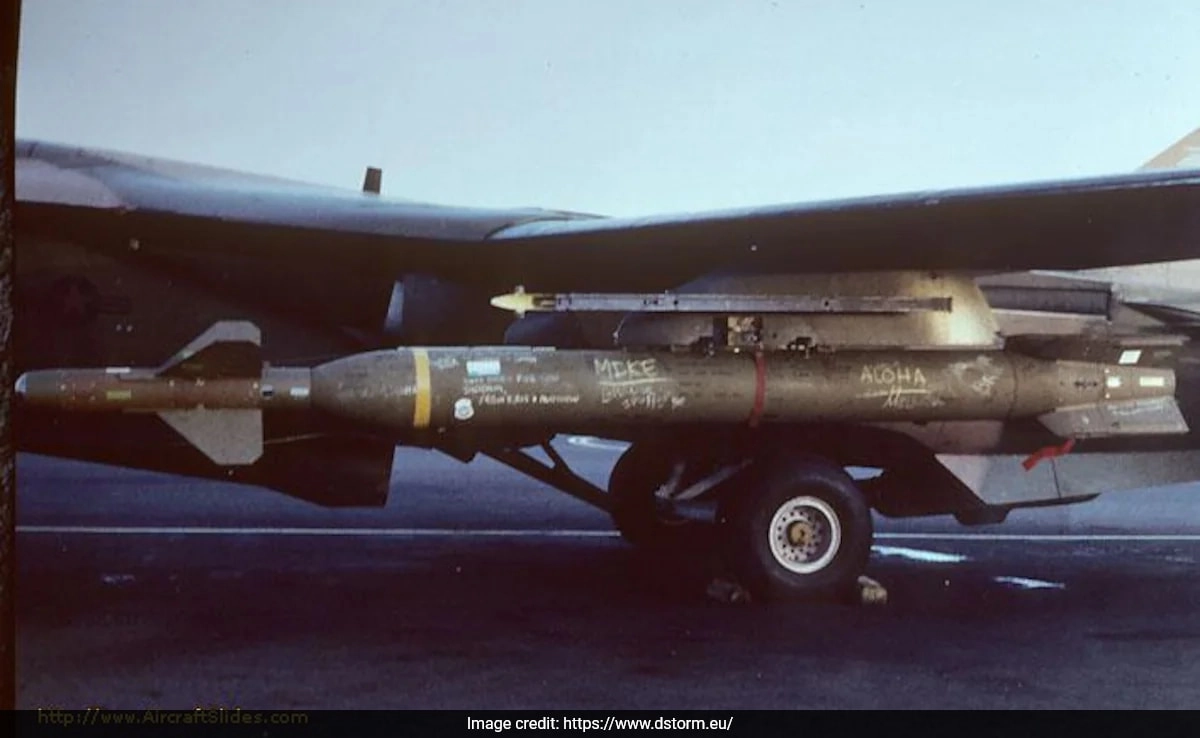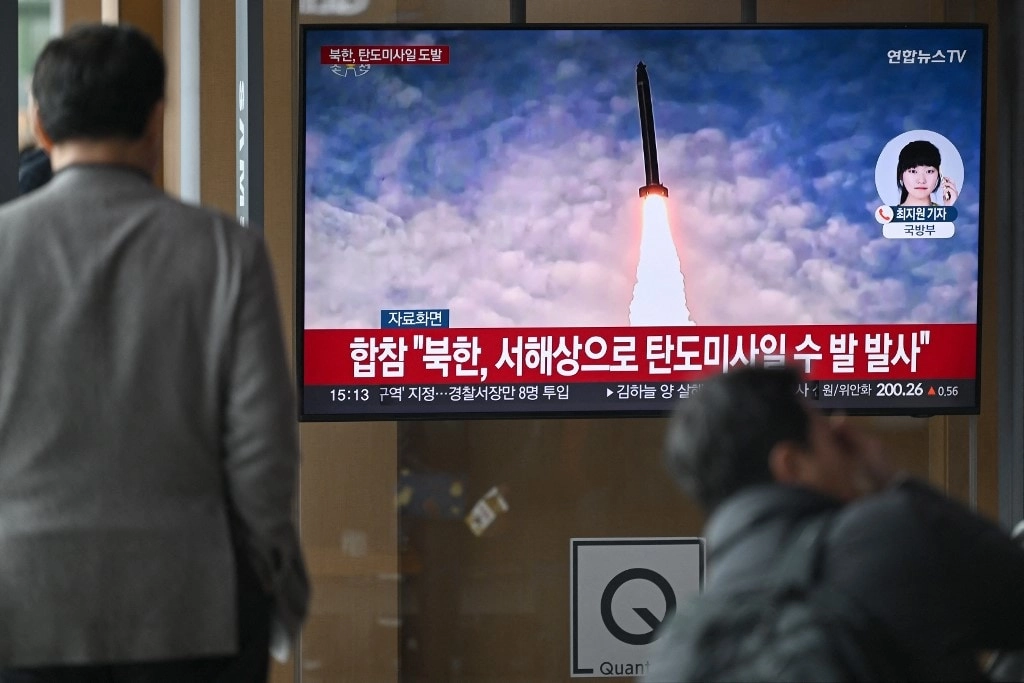Former President Donald Trump recently addressed the ongoing conflict between Ukraine and Russia, suggesting that a resolution may require both nations to engage in a land swap. His comments reflect a pragmatic approach to a situation that has seen extensive military conflict and significant loss of life since Russia’s invasion of Ukraine. Trump emphasized the need for a negotiated settlement, indicating that both sides may need to make concessions to achieve lasting peace. The idea of land swaps is not unprecedented in international relations; similar agreements have been utilized in various conflicts throughout history as a means of facilitating compromise and moving towards stability.
Trump’s proposal comes amid a backdrop of increasing global concern regarding the ramifications of the war, which has not only affected the two countries involved but has also had widespread implications for international security and economic stability. The conflict has led to heightened tensions between NATO and Russia, prompting discussions about military support for Ukraine and the potential for further escalation. Trump’s suggestion to consider territorial adjustments as part of peace negotiations could be seen as a controversial yet realistic perspective in light of the complexities of the situation. The notion of trading land raises numerous questions, including the implications for national sovereignty and the rights of the populations residing in those territories.
Critics of Trump’s approach may argue that land swaps could undermine the sovereignty of Ukraine and set a dangerous precedent for future conflicts. The moral and ethical implications of negotiating land based on military outcomes or aggression are significant. However, advocates for negotiation may contend that in order to end the violence and suffering, both parties must be willing to explore all possible solutions, including territorial adjustments. The path to peace is rarely straightforward, and Trump’s comments may serve to reignite discussions about what a feasible resolution might look like in the face of ongoing hostilities. Ultimately, the fate of Ukraine and Russia will depend on the willingness of both parties to engage in dialogue and consider options that prioritize long-term stability and peace over short-term gains.




